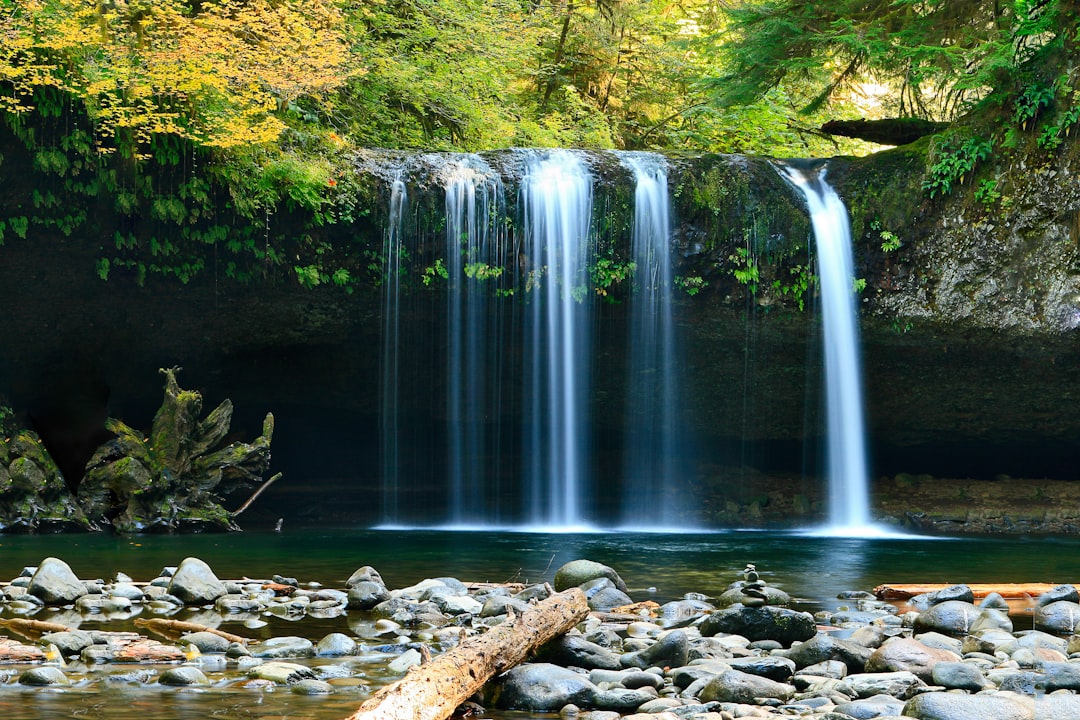
The Best Travel Gadgets Reviewed: Elevate Your Travel Experience
# Introduction. Traveling is a thrilling way to explore new cultures, landscapes, and experiences. However, to make your travels smoother and more enjoyable, the right gadgets can be a game-changer. From portable chargers to smart luggage, the right travel tech can ease your journey, help you stay connected, and add convenience. In this blog post, we’ll review some of the best travel gadgets you should consider for your next adventure, ensuring you're well-equipped for every trail and cityscape. ## 1. Portable Charging Solutions. One of the biggest frustrations for travelers is dealing with low battery life on their devices. A portable charger is essential to ensure you're connected at all times, whether you’re navigating a new city or catching up on social media. ### Anker PowerCore 10000mAh. The Anker PowerCore is a compact and lightweight power bank capable of recharging your smartphone multiple times. With its fast charging technology, you can quickly juice up your devices without long waits. Additionally, the device’s slim design allows for easy storage in travel bags or backpacks. ### RAVPower Solar Charger. For those venturing into remote locations, the RAVPower solar charger is a fantastic choice. Not only can it charge your devices conventionally, but it also harnesses solar energy, making it ideal for camping or hiking trips where power outlets are scarce. With its durable design, it can withstand various weather conditions while still providing ample power. ## 2. Smart Luggage Solutions. In recent years, advancements in luggage technology have made travel more efficient. Smart luggage can include features such as built-in scales, GPS tracking, and even USB charging ports. ### Away Bigger Carry-On. The Away Bigger Carry-On embodies a perfect blend of style, durability, and functionality. It features a built-in battery for charging your electronics, a durable exterior, and even a laundry bag to keep your dirty clothes separate from the clean ones. With a lifetime warranty, it’s a solid investment for frequent travelers. ### Samsonite Smart Luggage Tracker. If you already have a suitcase, consider adding a smart luggage tracker like the Samsonite Smart Luggage Tracker. This handy device can help you locate your bag via a smartphone app, providing peace of mind during your travels. It’s incredibly compact and can be used with any suitcase, making it a flexible option for travelers. ## 3. Travel-Friendly Tech Accessories. In addition to power solutions and luggage, travel accessories can help streamline your experience. ### Universal Travel Adapter. A universal travel adapter is essential for international travelers. The Epicka Universal Travel Adapter is a top-rated option that includes USB ports and is compatible with outlets in over 150 countries. It’s compact and easy to use, ensuring that you can charge your devices wherever you go. ### Bluetooth Noise-Canceling Headphones. When it comes to travel, comfort is key, especially during long flights or bus rides. A pair of Bluetooth noise-canceling headphones can transform how you experience travel. The Sony WH-1000XM4 headphones offer exceptional noise cancellation and immersive sound quality, allowing you to relax and enjoy music or movies, undisturbed by surrounding noise. ## 4. Language Translation Gadgets. Communication barriers can be daunting in foreign places, but technology is here to help. ### Pocketalk Language Translator. The Pocketalk is a handheld device that can translate over 74 languages in real time. This compact device is perfect for travelers looking to communicate effectively without the help of apps or smartphones. Its voice recognition feature allows for quick and accurate translations, bridging the gap between cultures. ## Conclusion. Traveling should be an exhilarating and stress-free experience, and the right gadgets can significantly enhance your journey. By investing in portable chargers, smart luggage, essential accessories, and language translation devices, you can save time, stay connected, and ensure a smoother adventure. Always consider your specific travel needs and preferences when selecting gadgets, and you'll find the perfect companions to make your travels unforgettable. .








